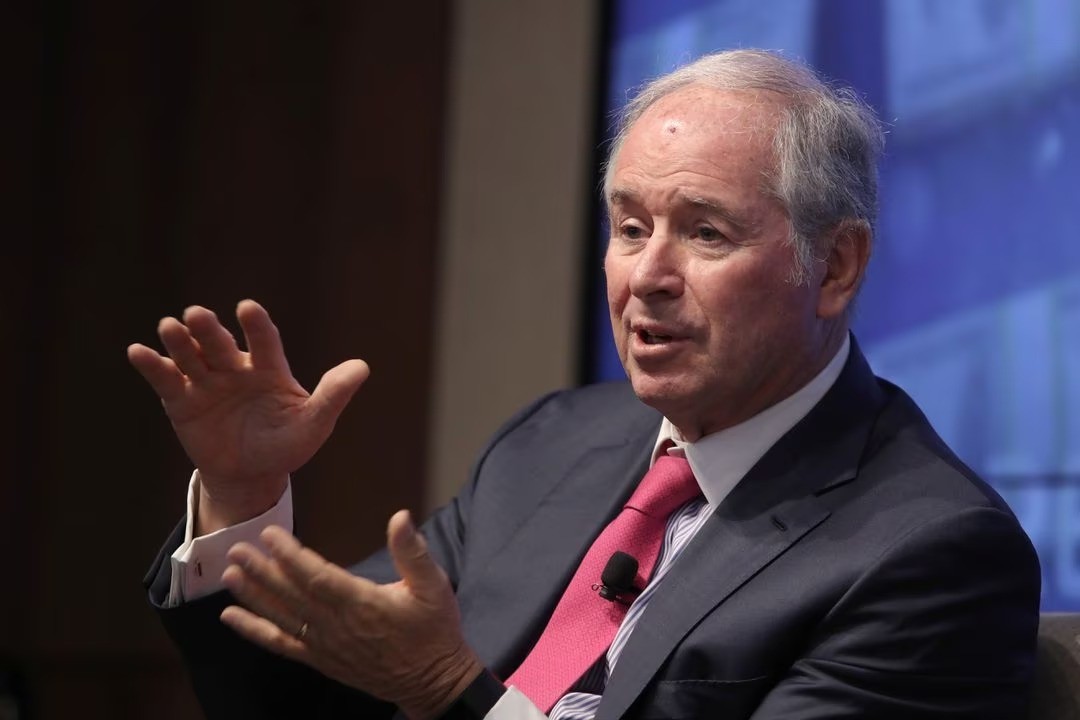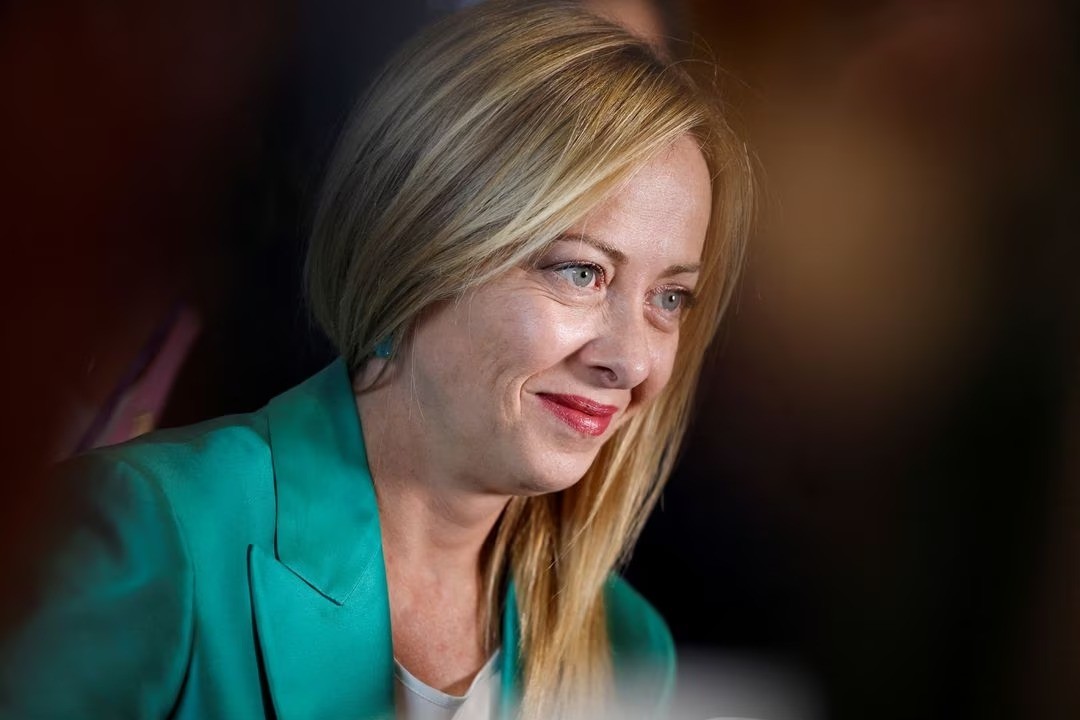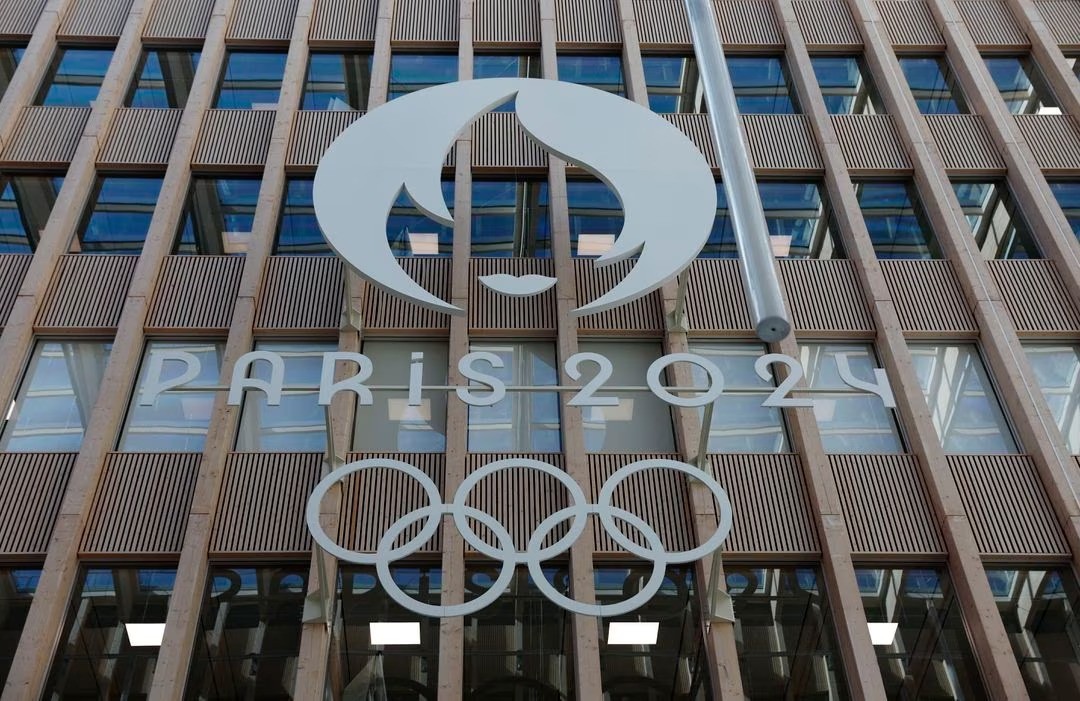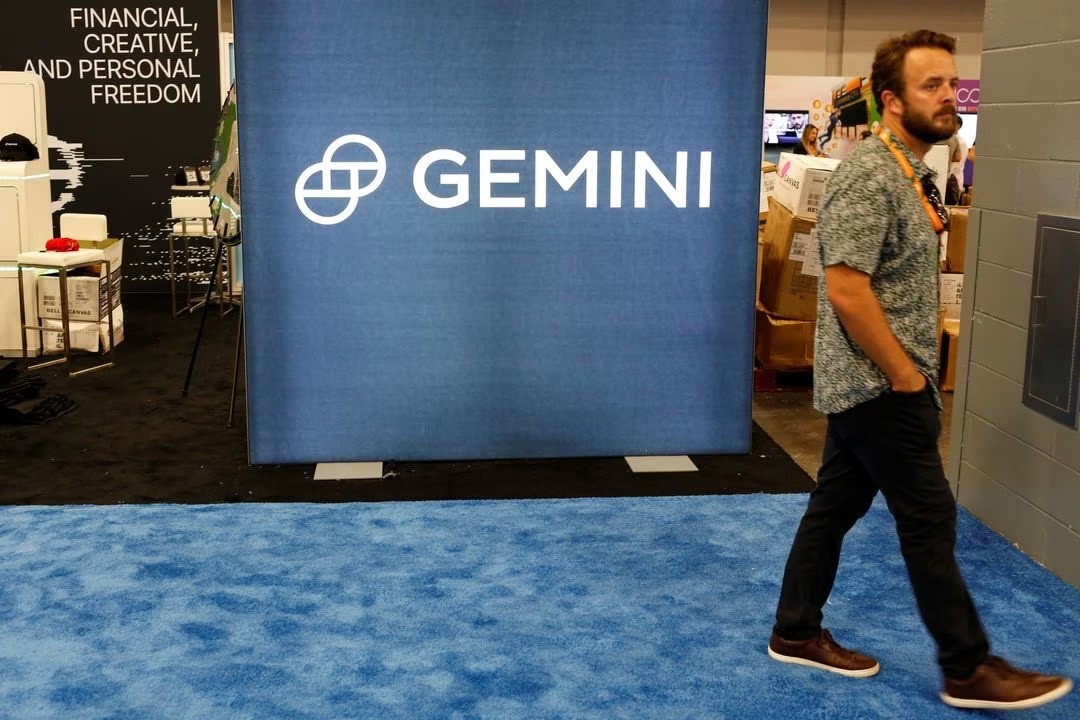Apollo Global Management (APO.N) and Blackstone (BX.N) both emerged from private equity’s primordial swamp. They’ve since diverged, with Apollo boss Marc Rowan pushing into insurance while Blackstone hits up retail investors. Shareholders haven’t been as thrilled about Apollo’s strategy. But with higher interest rates threatening riskier assets, the $55 billion firm can trim its boringness discount.
When private-equity managers debuted on public markets back in 2007, their reliance on lumpy earnings from hit-and-miss dealmaking drew skepticism. Both Rowan and Blackstone boss Steve Schwarzman chased steadier income through so-called permanent capital, or funds that stay put potentially indefinitely, rather than being returned after a set time.
For Apollo, that meant forming annuity writer Athene in 2009 before merging with it in 2021. The risk was that the market would treat Apollo more like an insurer, where peers trade at 7 to 8 times expected earnings. Alternative asset managers like Blackstone trade closer to 20 times. And that is pretty much what happened.
Insurers are in the dull business of taking money from policyholders, investing it in safe assets, and grinding out the tiny spread between returns and payouts. That spread comprised nearly three-quarters of Apollo’s $3.1 billion in profit available to be doled out to shareholders in 2022.
Blackstone instead rounded up a huge number of individual investors. In 2017, the firm launched BREIT, an unlisted real estate-focused fund that takes money from the work-a-day rich. Credit-focused BCRED followed in 2020. By 2022’s end, small-fry investors accounted for $239 billion in assets, a quarter of the firm’s total.
That turbo-charged the fees Blackstone reaps from managing funds, which contributed 59% of $6.6 billion in profit available to shareholders last year. BREIT alone likely kicked in nearly a fifth of that chunk at its height.
The advantage of fees is that, in theory, they’re steady and easy to value. Apollo earns them, too, but since some come from managing Athene, investors treat them with the same skeptical assumptions about growth as they do insurers’ overall businesses. Barclays analysts put Apollo’s fee earnings on an 18 times multiple, while Blackstone’s fees garnish 28 times. Apollo’s earnings from its insurance business are awarded an even more meager 10 times.
FEE MACHINE
During the pandemic, it was hard to argue against Schwarzman. Like Apollo, for decades Blackstone had made money primarily by buying and selling companies using loads of debt. As asset values rose and equity markets absorbed companies that popped out of private portfolios, Blackstone minted earnings, with net asset realizations delivering $3 billion of profit in 2022.
To top it off, Schwarzman, who for years led trends in the business, timed his retail push with BREIT and BCRED well. Asset managers have long mined the ranks of pension funds and college endowments to raise capital. Rich individuals had been effectively untapped, accounting for only 16% of assets managed by the industry, reckons Bain. Schwarzman seemed to have cracked the code for convincing them to fork over a growing sliver of their collective trillions in wealth. Growth in those funds, and therefore in fees, exploded.
But rising rates threatened that business. As real estate valuations went into freefall, investors worried about Blackstone’s portfolio losing value, forcing the firm to limit redemptions from BREIT. Dealmaking took a dive, too. Earnings from asset sales fell 74% year-on-year in the first half of 2023. Nonetheless, Blackstone is preparing a renewed push, including another retail fund, BXPE. If it gets anywhere close to BREIT’s $67 billion size, it promises a huge stream of new fees. That growth opportunity is a big part of why analysts assign the firm’s fee earnings such a high multiple.
SPREADING OUT
And, yet, it isn’t all up to Blackstone. Though the U.S. Federal Reserve is expected to pause its hiking cycle, rates are likely to stay high for a while. Annuities, whose promised returns for policyholders rise with rates, are now more appealing. Industry sales have risen 27% this year, with Athene the biggest underwriter, the Life Insurance Marketing and Research Association reckons. Apollo’s shares are up 44% since rates started rising; Blackstone’s are flat.
Athene’s growth has made Apollo the only one of its major peers to surpass its pandemic-era profit peak. But the insurer’s importance to Rowan’s empire goes beyond contributing extra cash. Apollo bought or started up a series of specialized lending businesses that originate debt backed by hard assets like airplanes. Unlike high-octane buyout loans on which classic direct lenders focus, Rowan pitches these loans as safe enough to be bought by an insurer – say, Athene. And, indeed, Athene buys plenty of that paper.
In this way, Athene’s capital and Apollo’s lending and buyout businesses feed each other. With Apollo and its ilk already eating into banks’ businesses, it also could help supply firepower to encroach on more and more corporate lending.
CROSSING THE STREAMS
Of course, with $1 trillion in assets, Blackstone has fingers in everything – including insurance and lending, recently put under combined leadership as part of a vow to chase the next trillion. Schwarzman’s firm, though, serves insurers as a middleman, connecting their balance sheets with borrowers. This doesn’t form the closed loop like that between Athene, Apollo and its various specialist lenders.
Apollo and Athene’s marriage hasn’t been tested through all the ups and downs of a full economic cycle, which may argue for some discount. But Blackstone’s earnings multiple is 69% higher – this seems too much. The two may never totally converge, given Blackstone’s sheer asset-gathering muscle and Apollo’s heavy reliance on one source of capital. But close the gap by half, and Apollo’s shares would rise by nearly a third, adding almost $20 billion in market value. Given the advantages Rowan now wields, that seems like a fair start.
.png)









